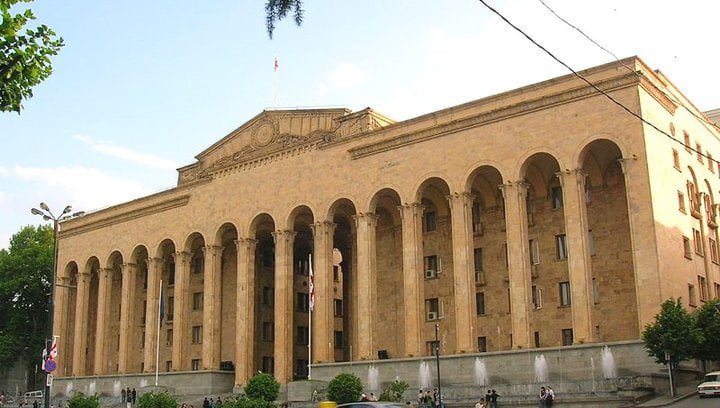
GYLA Criticizes Changes in ‘Law on Common Courts’
The Georgian Young Lawyers’ Association (GYLA) has criticized the changes initiated by the Georgian Dream party on 14 November regarding the Law on Common Courts, emphasizing that “the draft law does not comply with the recommendations of the European Commission, other international partners, and civil society.”
In the assessment – which was sent to Anri Okhanashvili, chairperson of the Legal Issues Committee, on 18 November – GYLA explained that “the proposed changes are of a fragmented nature and do not serve to improve the justice system.”
According to the organization, the initiated legal changes also completely ignore the main challenge facing the judicial system in the form of so-called clan rule, which refers to the existence of an influential group of judges overseeing the judiciary. In addition, according to GYLA, the bill does not envisage a fundamental reform of the High Council of Justice (HCoJ).
“This institution [the HCoJ] is the main stronghold of an influential group of judges. Therefore, in order to reduce the concentration of power, its members should be appointed by consensus – their appointment should be supported by the representatives of the government and the opposition, in order to exclude appointment on the principle of loyalty and to have trust in the elected persons,” GYLA underscored.
Additionally, GYLA, also asserted that the quota on chairpersons and the possibility of electing the same person twice in a row as a member of the HCoJ should be abolished.
According to the organization, changes should also be made to the appointment and nomination of judges. In particular, they recommended instituting a double 2/3 majority rule, which would require that 2/3 of both judge and non-judge members be required for the nomination of judges of the HCoJ. “The final decision made in the Parliament should be based on consensus,” they added.
“Amendments should be made to the legislation, according to which the High Council of Justice should make decisions on the appointment of judges in the lower instance courts on the principle of the double 2/3,” they also noted.
GYLA also contended that reforms should cover the issue of Court chairpersons and that they should be chosen not by the HCoJ but by the judges themselves. In addition, it should not be permitted for an individual to hold this post twice in a row, and the administrative positions of the deputy chairperson, collegium, and chamber chairperson should be abolished.
In addition, the organization emphasized that 2/3 of the entire HCoJ should be required to make a decision to prosecute a judge or to terminate disciplinary proceedings against them, instead of the consensus of judge members only.
GYLA also noted that at the end of 2021, the possible term of a judge being transferred to another Court for a set period was increased to 4 years. In addition, the Council no longer needs the judge’s approval and is not required to present an explanation, for transferring a judge. Additionally, it became possible to transfer an appellate judge to a court of the first instance.”
“Despite the fact that the draft law envisages changes that partially improve certain norms, it leaves open the main problems existing in the Court,” GYLA stressed.
Thus, the organization emphasized that “this approach distances the country from the prospect of receiving the European Union candidate status and represents another missed opportunity for substantial changes in the justice system.”
This post is also available in: ქართული Русский